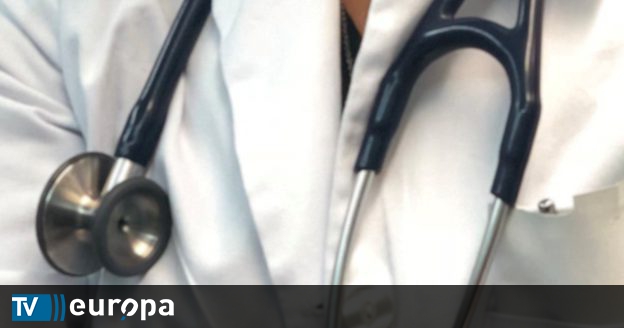The European Commission makes a recommendation to Member States to increase efforts to prevent cancer through vaccination. The recommendation mainly covers vaccines against human papillomavirus (HPV) and hepatitis B virus (HBV), but also includes better monitoring of vaccination coverage rates.
The recommendation is part of the European Cancer Control Plan. It is estimated that about 40% of cancer cases in the European Union can be prevented. However, according to a new report now published, only around 5% of total healthcare spending was allocated to prevention in EU member states in 2021.
Cancers that can be prevented by vaccines
To eliminate cervical cancer and other cancers caused by human papillomavirus, such as some types of head and neck cancers and others. Tumor angiogenesis, the European Cancer Plan sets a target for member states to achieve HPV vaccination rates of 90% for girls and to significantly increase vaccination for boys by 2030. The Cancer Plan also aims to ensure greater access to and acceptance of hepatitis B vaccination. Especially to prevent liver cancer. These vaccines are vital to protecting public health and supporting resilient health systems.
“Prevention is always better than cure. Every year in the European Union, approximately 14 000 people die from cervical cancer and more than 16 000 new cases of hepatitis B infection are reported. With safe and effective vaccines, we have a historic opportunity to eliminate cervical cancer and other cancers caused by these viruses.said Margaritis Schinas, Vice President of European Lifestyle Promotion.
However, for the European Commission, there is still a long way to go to achieve the goals. Many Member States have well below 50% HPV vaccination coverage for girls, with limited data available for boys and young people, and there is a significant lack of data on HPV vaccination rates.
The European Commission's recommendation includes a series of actions that member states can take to improve the use of these vaccines, including:
■ Guarantee of free and/or fully paid vaccination;
■ Ensure easy access to vaccination, especially for target groups and vulnerable or high-risk populations;
■ Integrating immunization against vaccine-preventable cancer into national cancer control plans;
■ Strengthen communication efforts, in particular highlighting the benefits of vaccination for parents, youth and target groups and combating errors and misinformation;
■ Improve monitoring and reporting on vaccination coverage in order to identify gaps that may need to be addressed;
■ Establish a concrete target for HPV vaccination for boys;
■ For hepatitis B virus specifically, intensify national efforts to achieve the 2030 goals set by the World Health Organization:
■ 95% vaccination coverage (third dose) of childhood HBV vaccination;
■ 95% of pregnant women are screened for hepatitis B;
■ 95% of newborns received timely vaccination (within 24 hours of birth) against hepatitis B virus dose at birth, including through strengthening systems for monitoring progress towards these targets and using support available from the European Center for Disease Control and Prevention if it is necessary;
■ Establish solid electronic vaccination records;
■ Share good practices with other Member States to improve national efforts.
To implement this recommendation, the European Commission indicates that it will provide support to Member States. In particular, a model of communication campaigns, adaptable to national needs and taking into account national specificities, in order to help raise awareness of the importance of these vaccines.
The European Commission will also support work to improve surveillance across the EU, while the European Center for Disease Prevention and Control (ECDC) will develop a new dashboard of national vaccination rates against HPV and hepatitis B virus by the end of 2024, in order to provide Better overview. Depending on the situation.
In parallel, the European Union Health Program (EU4Health) continues to provide significant financial support to Member States in their efforts to promote vaccination and fight cancer. In 2024, a joint action will be launched to help Member States increase vaccination against HPV and combat infectious diseases such as hepatitis and HIV/AIDS, with funding of €20 million from the EU budget.

“Wannabe internet buff. Future teen idol. Hardcore zombie guru. Gamer. Avid creator. Entrepreneur. Bacon ninja.”

